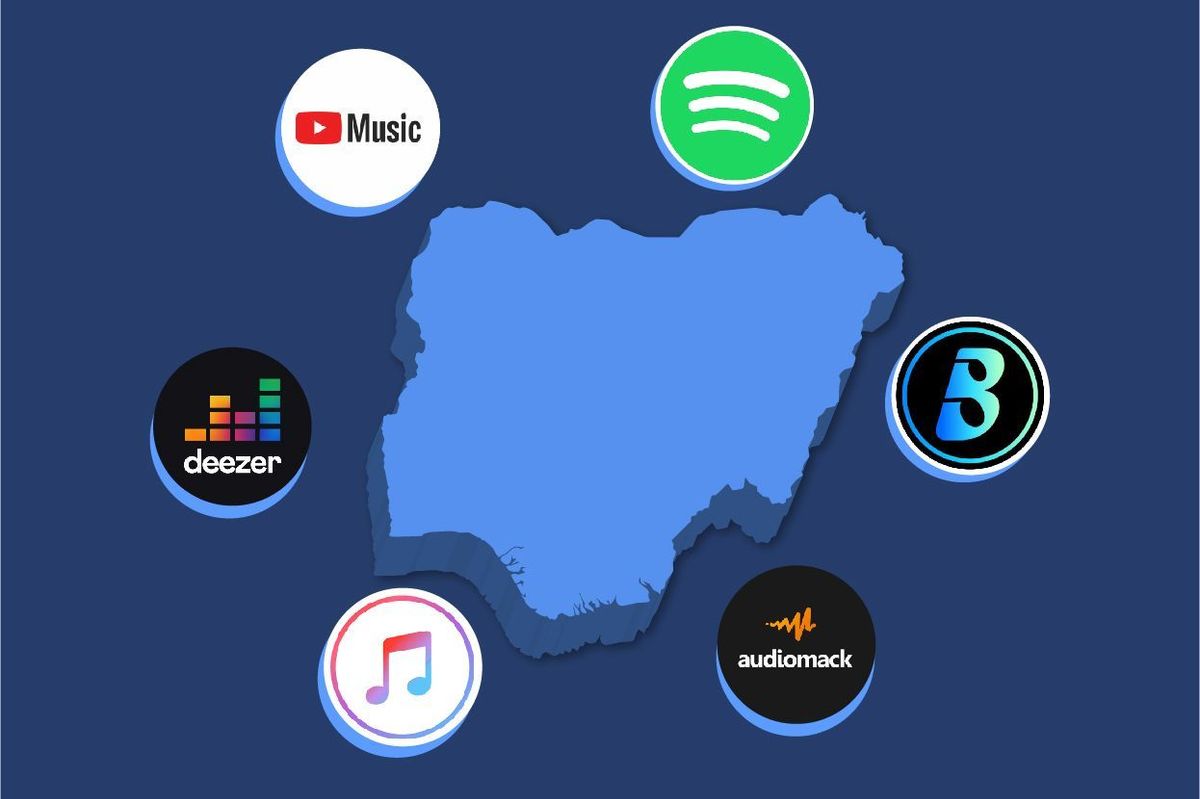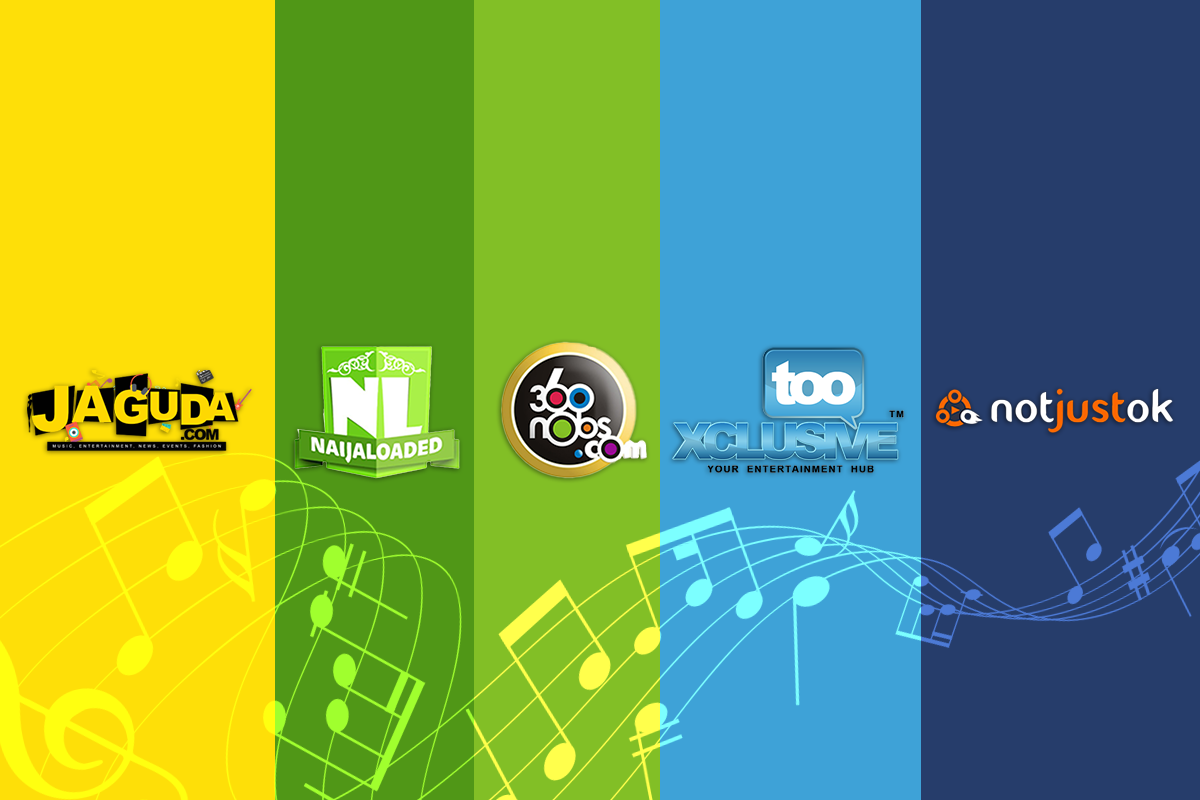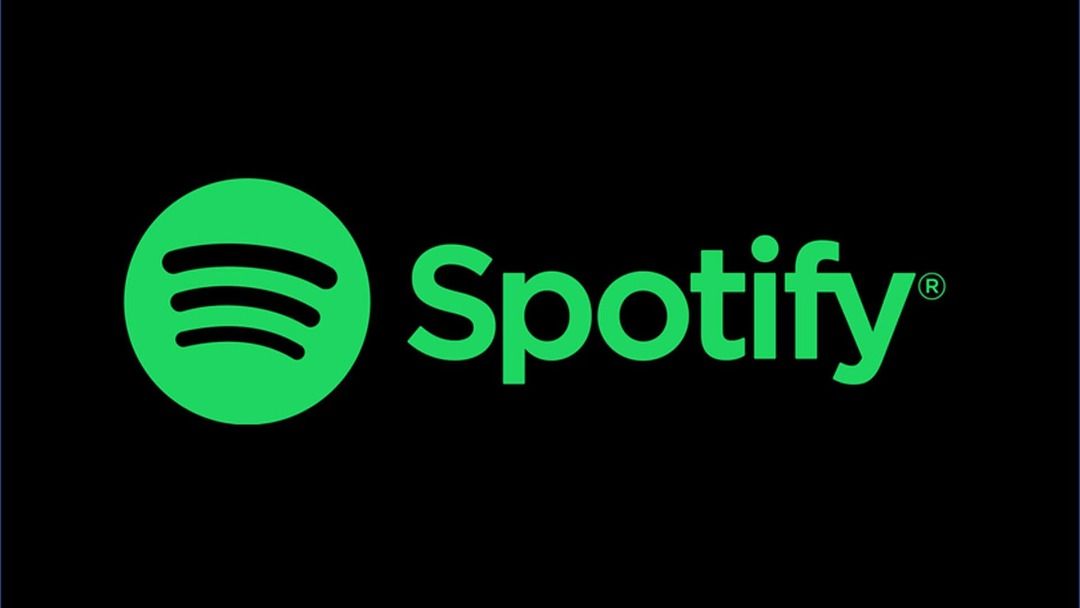Spotify's expansion and the short history of music distribution in Nigeria
Spotify is expanding to Nigeria. This piece shines a light on the history of music distribution and the advent of streaming platforms in Nigeria.

Spotify has finally launched in Nigeria.
Last week, Spotify, the world's largest music streaming platform announced its expansion to Nigeria and 79 other countries (including Ghana, Kenya and Cote d’Ivoire). Now, previously excluded music creators will be able to reach a wider audience on Spotify. Likewise, music fans from these 80 countries no longer need to seek a workaround to use Spotify.
With its expansion to Nigeria, Spotify will compete with other local and international music streaming platforms like Apple Music, YouTube Music, Deezer, Boomplay, Audiomack, and UduX.
Nigerian music space in the pre-streaming era
Before the advent of streaming platforms, music lovers in Nigeria relied heavily on music blogs for new songs.
Circa 2006, music blogs like NotJustOk, Jaguda, Naijaloaded, Tooxclusive, and 360Nobs began to rise to prominence in Nigeria. At the time, they were the go-to place for music PR and visibility in the country. Because the other available media channels, radio and TV, were way more expensive. However, thanks to the internet and these music blogs, Nigerian artists could feed a willing audience their art.
For context, popular gossip blog, LindaIkeji started in 2006. Then, Telecom companies, who are the major providers of mobile internet, were barely five years old in the country.

"Music blogs were the first places where I could go get the music that I loved. Music blogs were easy to access. They didn't offer a lot of steps, didn't require subscription, and was very low-tech enabled. Digital distribution was non-existent, and these blogs filled that vacuum by illegally providing us with music. They also scored extra points if they had lyrics. And with time, they became very powerful with their access to both the music, and the willing audience looking for any crumb of art", says Joey Akan, Founder, Afrobeats Intelligence.
As pivotal as music blogs were to the distribution of music in the country, they were illegal. “Music blogs had no licensing of the music. They were mostly pirates making a killing from illegally ripping and flipping someone's creative sweat”, says Akan. Yet, their hold on the music market was so strong that artists paid them to occupy specific positions on their websites. As with traditional advertising, ad positioning and placement determined the fee.
It might be hard to understand the conundrum that even though distribution via music blogs were illegal, some artists still paid to appear on their blogs. Nonetheless, “the music should be paid for, because the artist most likely isn't the one funding it. So whether they give you or not, it's illegal”, Joey Akan asserts.

So you see, these blogs did not generate revenue for artists that promoted songs on their platform. The artists (and record labels) had to depend on live performances and endorsements to stay afloat.
The role of music blogs in connecting artists to a larger audience across Nigeria and other parts of the world cannot be overemphasized. According to Martin Nielsen, the CEO of Mdundo, a digital music streaming and download company, over 60-70 million Nigerians have downloaded songs from these music blogs. Also, NotJustOk brags about having over 1 million monthly unique viewers across 183 countries.
It’s safe to say most Nigerian artists that sprung up in the mid-2000 era, count these blogs twice when counting their blessings (exposure and downloads).
But as things evolved, music blogs began to go obsolete.
Out with music blogs, in with streaming platforms
“It's good to see them [music blogs] go. Long live streaming”, Joey Akan
As you already know by now, music blogs thrived in the absence of on-demand streaming platforms in Nigeria. But the market became too saturated with music blogs that each new entrant offered the same style and content.
So when streaming platforms reared their head in Nigeria, artists jumped on it, as it offered them control of their content.
Streaming in Nigeria can first be attributed to YouTube. It was a means artist leveraged to promote the visuals of their songs. A popular record label, Mo’Hits records now Mavin records, posted the visuals of Mr Endowed on YouTube in 2010. It garnered popularity showing Nigerian artists the power of streaming.
Two years later, other artists like 2face and Psquare jumped on the YouTube train to promote visuals of their old songs. By 2013, artists in the country understood the importance of managing their own YouTube channels and embraced it. Within the same era, they were able to discover how to post audio files on YouTube.
SoundCloud is another freemium platform that disrupted the services of music blogs. The platform allowed artists to upload songs on their accounts.
Popularized by the Alte movement, the platform charged artists and creators for some songs while allowing them upload others for free. This offering lessened the hold of music blogs on upcoming acts. The fact that they could make money from the platform was the icing on the cake.
Deezer and Spinlet both entered the Nigerian Music space between 2011 and 2013 when streaming was not a thing for the country. They were later joined by Apple Music, Boomplay, Audiomack, UduX, YouTube Music and now Spotify. These platforms promote and also reward artists who upload their songs on their platforms.
Although music blogs are not entirely dead, they lack the traffic they once had. Some of them like, Notjustok and Tooxclusive, have gone on to upgrade their offerings. While Notjustok now owns Mino—a distribution service, Tooxclusive embeds Audiomack links of songs on its platform.
What Spotify’s entry to Nigeria entails
There are two major implications of Spotify’s entry to Nigeria; location restriction and pricing.

First, people living in Nigeria no longer have to lie about their location. Before Spotify’s official launch in Nigeria, users in the country had to use a VPN to “trick” their devices about their location, and VPN comes with its hassles.
Second, Nigerians can now pay local fees as opposed to naira-equivalent of the international pricing. Spotify’s international pricing goes $9.99 (for a premium subscription), $14.99 (for a family plan), and $4.99 (for a student plan). Now, with Spotify’s launch in the country residents can pay $2.19 (₦900), $3.40 (₦1400) and $1.09 (₦450), respectively.
By many standards, Nigerians are predominantly poor. So, such region-specific pricing takes into account the per capita income and stays competitive with other international players operating in this market.
Spotify offerings to expect
We have grouped what to expect from Spotify into Plans, User Experience, Music Catalogue, Podcasts, and Channels.
Plans: Free and Premium plans will be available across all the markets. In select markets, however, Spotify will offer Individual, Family, Duo, and Student Plan options.
User Experience: All listeners can select and search from the platforms worldwide catalog when using the product. The home screen will show personalized playlist programming for new listeners. The browse and search pages will feature worldwide content hubs. It will eventually adapt to the local market and the listener’s taste in subsequent time.
Music Catalog: At launch, the platform will offer its full global catalog across its new markets. But they will continue to work with local rights holders and partners to expand its catalog to accommodate more local offerings.
Podcasts: Spotify aims to launch its full podcast catalog in most of the new markets. It will work closely with the local partners of the rest to introduce more podcasts from its catalog, as well as Anchor—its proprietary creator platform.
Channels: Spotify's experience will be available on Mobile and Desktop Web Player once it launches. Similar to its other features, the company will work with partners to introduce Spotify on more channels, like TV, Speakers, Wearables, and Car in the coming months.
With Spotify’s entrance into Nigeria, consumers are now spoilt for choice and music creators can eat the fruit of their labour. In the words of popular music journalist, Joey Akan, "Long live streaming".






